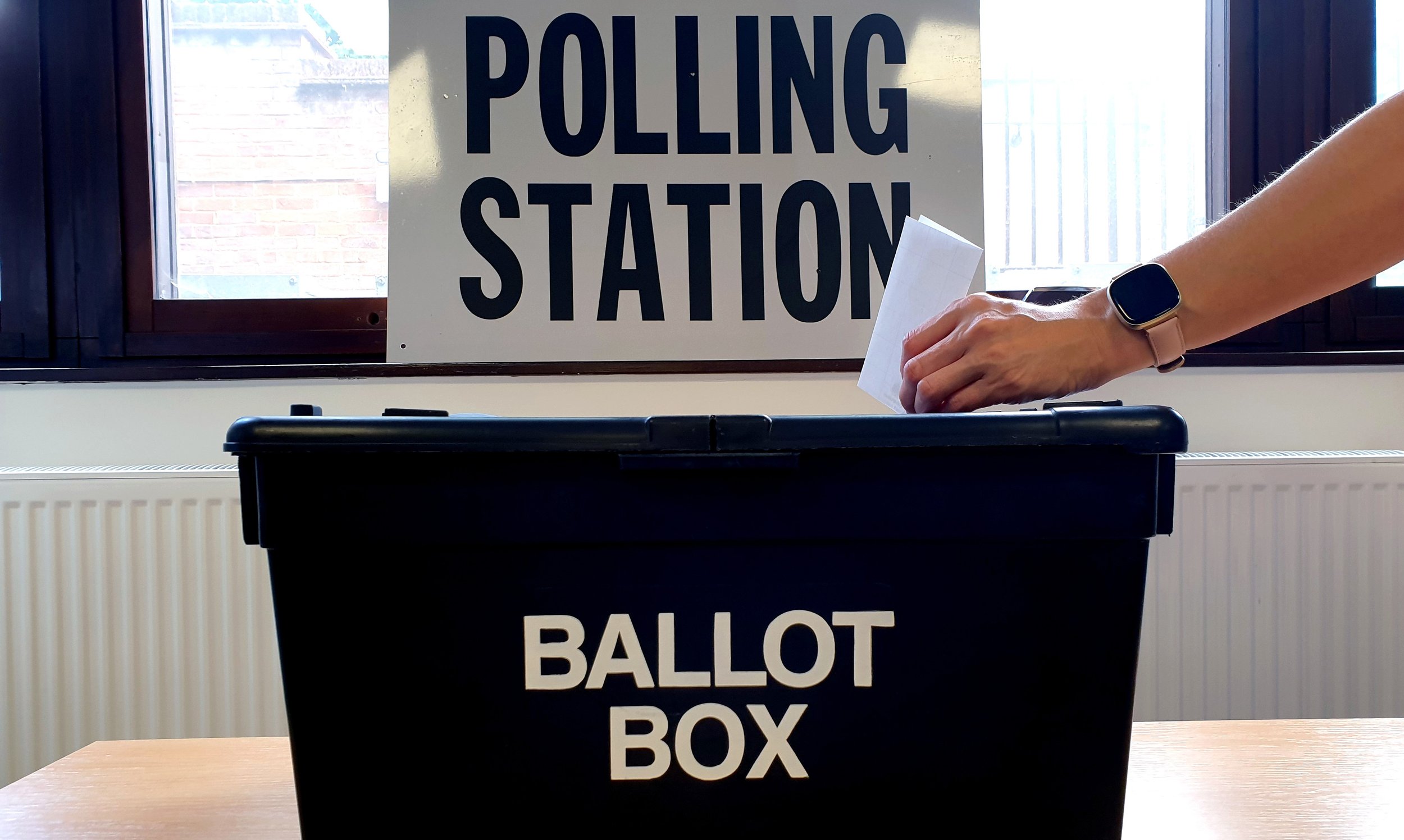What Do We Know?
The next Northern Ireland local government elections are scheduled for Thursday 18th May, pushed back slightly due to the Coronation of King Charles III. While the deadline to apply to be a candidate is Monday 24th April, many candidates often declare much earlier than this and campaigning will begin in earnest in the coming weeks.
Unlike Westminster and Assembly elections, Councillors do not lose their title and remain Councillors right up to the new count, with council meetings continuing and Mayors and Chairs remaining in place. There is, however, an effective purdah during the campaign with reduced agendas and without any new or controversial decisions being made. Mayors also have a reduced event schedule and are not involved in events and announcements that are seen as a personal electoral boost.
This year’s elections come at a time of rates rises and cuts to public services as Councils struggle financially in the face of rising inflation and cost pressures. Despite efforts to keep these rises below the rate of inflation, candidates and sitting councillors will not relish having to explain rises and cuts to affected residents on the doors.
State of the Parties
For the DUP, this will be the first electoral test of their Stormont boycott. With reports of a Protocol deal likely in the coming weeks, the party’s decision over any potential deal could define this election. They have the largest number of councillors going into this year’s election - any fall in numbers could see them come second to Sinn Féin.
Consolidation is the name of the game for Sinn Féin after last year’s Assembly election when they came out on top. A key battleground to look out for is in Derry City and Strabane District Council. In 2019, they lost five seats there with the SDLP gaining three seats before subsequently comfortably retaking the Foyle seat from Sinn Féin at the Westminster Election. Sinn Féin will want to reverse those losses and to become the largest party there and across Northern Ireland as a whole.
For Alliance, the key question is whether their surge can continue? Can the party cement its place as the third largest party in Northern Ireland? Recent opinion polls certainly have them ahead of both the UUP and SDLP. A big milestone for Alliance at the last council elections was their ability to get candidates elected outside of their greater Belfast stronghold. They will hope that this trend continues.
For the UUP and SDLP, stopping further decline is the number one priority. They both had poor showings at last May’s Assembly election, especially so for the SDLP who fell below 10% of the vote for the first time. Anything halting a further slippage would represent a good day for both.
Post-Election
Due to the Single Transferable Vote system, the count will usually take two days to complete, meaning it is likely to be the evening of Saturday 20th May before we have a clear idea of the results. However, tallies taken on the morning of the first day of the count will give a strong indication of what the lay of the land is. After the election, each council will call an AGM and use the number of votes cast for each party and the D’Hondt method to determine Council positions over the next four years. The first four picks are usually the Mayors, then deputy Mayors, then Chairs of Committees until all positions are filled.

